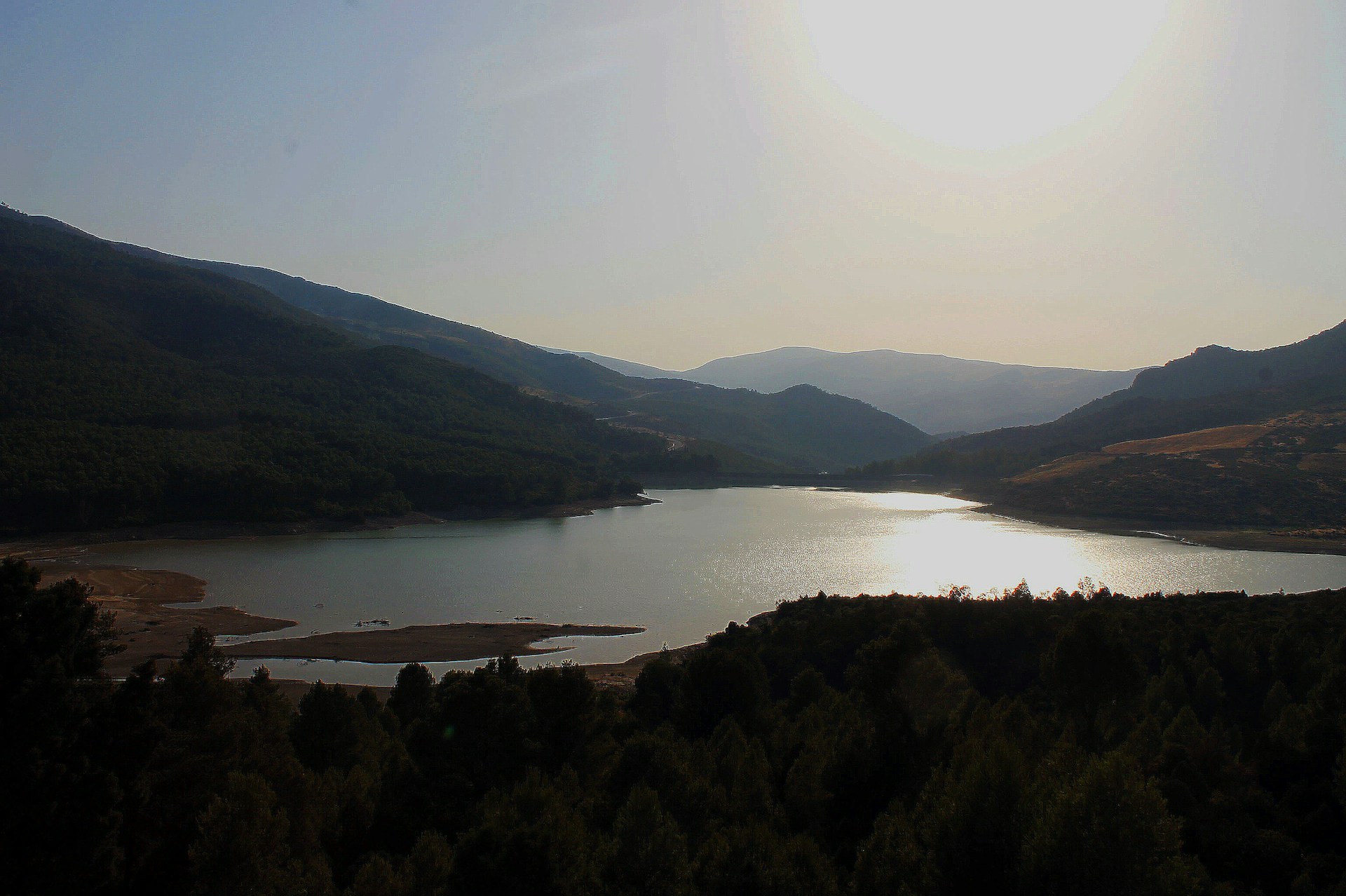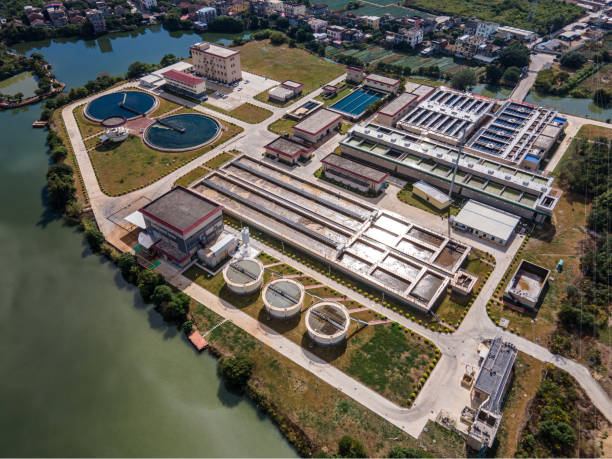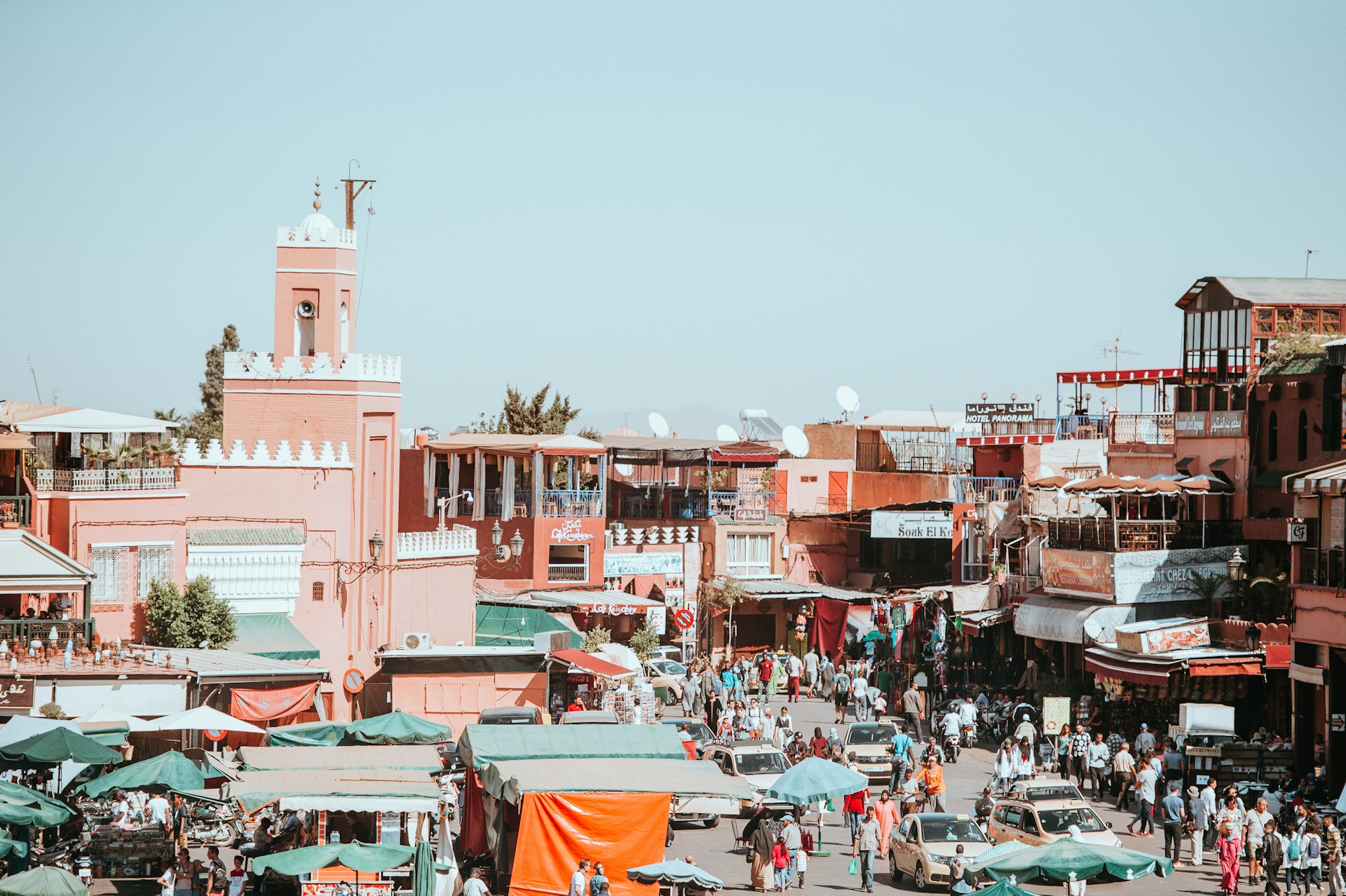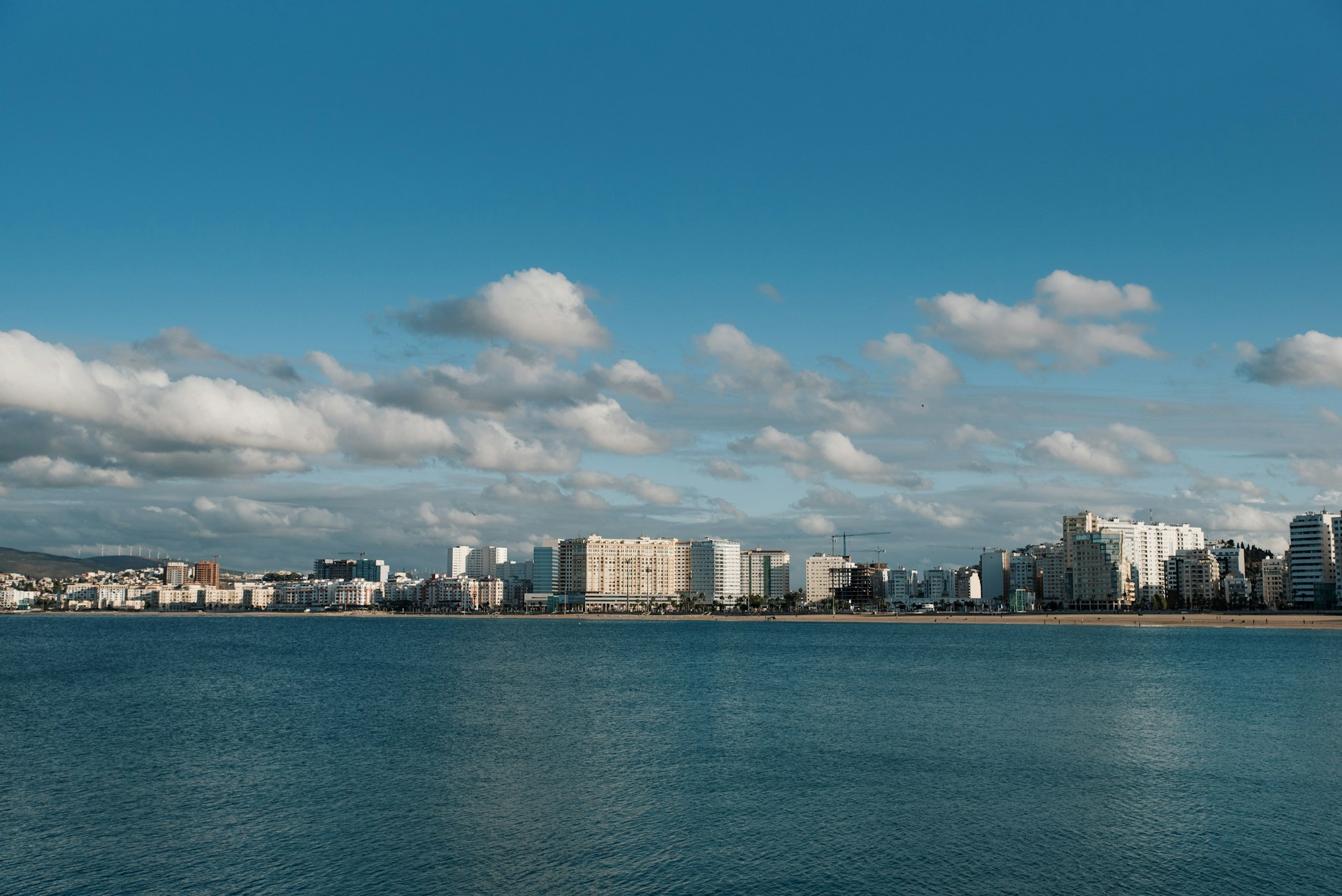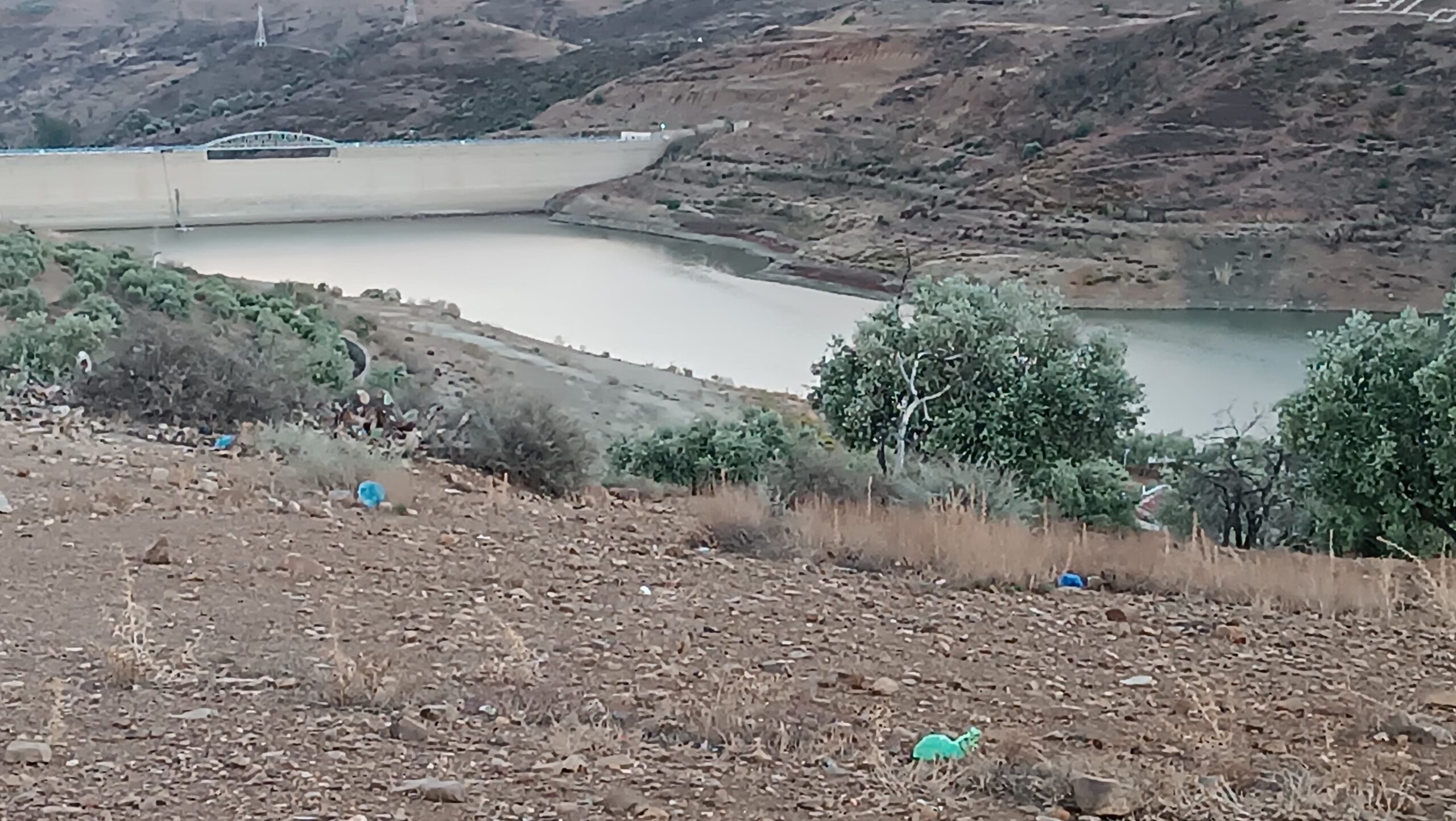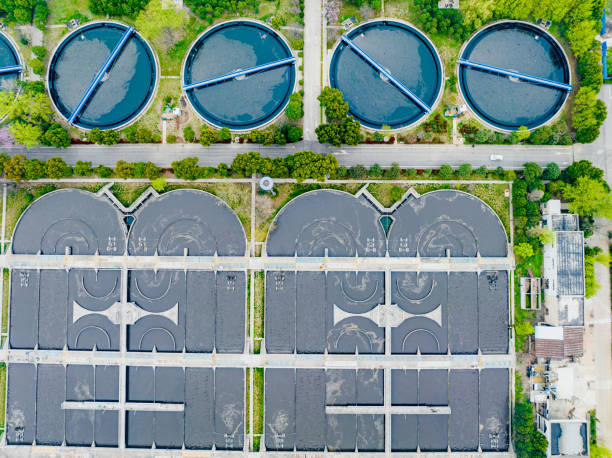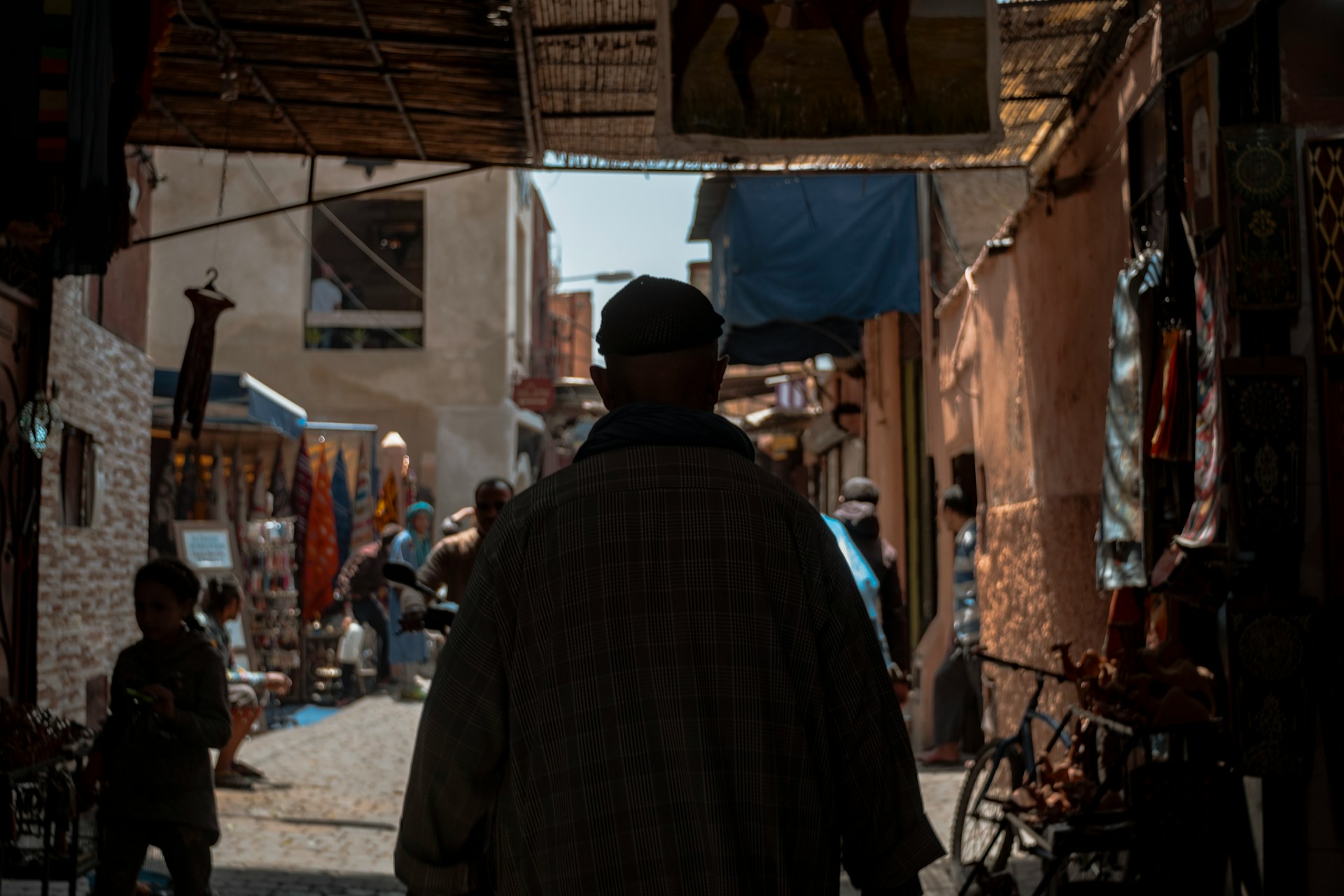Casablanca-Morocco, a country heavily reliant on agriculture, is currently facing its fifth consecutive year of severe drought, posing significant challenges to its agricultural sector and overall water security. In response, the Moroccan government has announced measures to address the growing crisis.
The government recently suspended drinking water supply to communities most affected by the drought, highlighting the serious repercussions on both human populations and agricultural activities. The scarcity of water has been attributed to a decline in rainfall over the past years, resulting in an annual deficit of one billion cubic meters.
The impact of the drought is evident in the dwindling levels of well-known rivers such as the Moulouya River in the north, which, for the first time in its history, has become unable to reach its mouth due to severe drought and excessive consumption. This has significant implications for the agricultural sector, which forms the backbone of Morocco’s Gross Domestic Product (GDP) and relies heavily on these water sources for irrigation.
To address the crisis, the Moroccan government approved a national water supply program for the period between 2020 and 2027, with investments amounting to 115 billion Moroccan dirhams ($12 billion USD). However, despite these efforts, the per capita water share has significantly decreased over the years, from 2500 cubic meters in 1960 to less than 650 cubic meters annually, with projections indicating a further decrease to less than 500 cubic meters by 2030.
Moroccan Minister of Water, Nizar Baraka, emphasized the severity of the situation, attributing the consecutive years of drought to natural causes, including climate change and agricultural policy in Morocco. He stressed the need for the ministry and relevant authorities to consider temporarily cutting water supply to some of the most affected areas, highlighting the urgency of the water crisis.
In response to the fluctuating crisis of water abundance, Morocco has turned to desalination plants as a tool to mitigate the consequences of climate change, particularly drought. Significant desalination projects are underway in various regions of the country, aimed at alleviating water scarcity in provinces most affected by drought.
The drought in Morocco is not solely related to rainfall but also to mismanagement of water resources. Experts emphasize the need for rational water management practices to overcome the crisis and ensure the country’s long-term water sustainability.
Morocco faces a formidable challenge as it grapples with severe drought, threatening its agricultural sector and overall water security. While the government has taken steps to address the crisis, more comprehensive and sustainable water management strategies are urgently needed.







